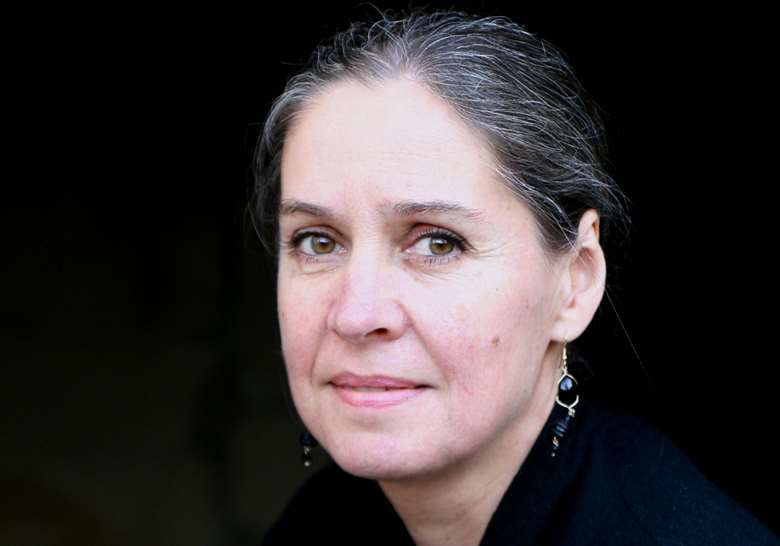We must humanise youth justice system
Monday, August 26, 2019
Recent weeks have seen stark reminders of the shortcomings in our youth justice system.

The 15th anniversary of the death by suicide of Adam Rickwood, following shocking abuse at Hassockfield secure training centre (STC), brought the renewal of calls to end the use of pain-inducing restraint for children. It's common sense that allowing the use of pain-inflicting methods is likely to lead to abuse. The scandal of Medway STC hit the headlines, but such cultures are bound to be more widespread.
A joint report by the Inspectorates of Prisons and Probation condemned poor practice in resettling young people after custody, but more significantly a culture of ignorance among staff in young offender institutions (YOI), blind to the importance of planned release and rehabilitation.
Updated figures on the educational background of young offenders are a sharp reminder that 42 per cent have special educational needs (with no statement) and a further 29 per cent have a formal statement. It's still the case that not all children in custody are receiving a full education.
Finally, the latest inspection at Feltham YOI caused such alarm that the Ministry of Justice banned new placements, as it was clearly not safe; following hot on the heels of figures published showing a 43 per cent rise in assaults between young people and of assaults on staff more than doubling.
It's a system in deep trouble.
Numbers have reduced by more than two-thirds in the last decade, resulting in fewer institutions, but more children living further away from home. Increasing levels of violence suggest staff who are ill equipped to cope with the growing complexity of needs.
There is no doubt that some young people are dangerous as well as damaged. We need a system that can cope with their complex needs compassionately, with the most skilled professionals applying all that we know about trauma-informed practice and positive relationships to their care.
Can the creation of large-scale secure schools bring about the necessary transition? Is this enough to overcome ingrained institutional attitudes? There is a real danger that secure schools become yet another rebrand of failed institutions (not helped by the first being at Medway).
There have been growing calls for YOIs to be replaced with smaller units closer to home and, in the Parliamentary debate on child imprisonment in June, former shadow children's minister Emma Lewell Buck MP drew attention to the 2016 government commitment to close YOIs and STCs for good.
We need a radical overhaul of the system to make it local and above all compassionate. We also need to see these young people as children first. To reflect this, responsibility should no longer be shared with the Ministry of Justice, but sit squarely with the Department for Education.
It's time to bring humanity back into the treatment of young offenders in our society.
- Alison O'Sullivan is chair of NCB and former ADCS president




